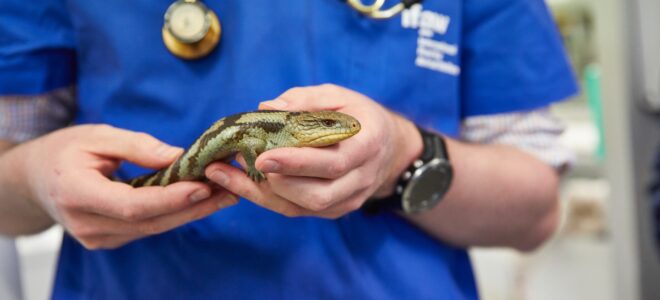Fulfilling our pets’ needs goes beyond feeding, walking, and playing with them. An integral part of maintaining their good health involves routine check-ups. Just like us, pets can suffer from various health issues.
Early detection of these problems helps mitigate their impact. That’s where regular vet visits come in. They aid in preventing potential health issues, monitor pet behavior changes, and set up essential pet care measures.
Understanding Routine Check-ups
Routine check-ups or pet wellness exams comprise general health assessments carried out by a vet. These critical preventative pet care measures are not just for when your pets seem sick. Routine check-ups help detect early signs of issues, assess the pet’s behavior, and evaluate their need for medicines or treatments.
Vital Elements of a Standard Pet Check-up
Routine check-ups encompass an all-inclusive physical examination of your pet, a medical history review, and detailed discussions about their lifestyle and eating habits.
Physical Examination Details
The vet carries out a close inspection during the physical exam. The vet checks their skin, coat, teeth, ears, eyes, and weight and listens to their heart and lungs. This leads us to a specific aspect of routine pet care – veterinary dentistry and dental surgery.
Your pet’s dental health ties directly into their overall health, with issues such as oral infections potentially leading to systemic problems. If you live in Tennessee, a competent veterinary dentist in Jackson, TN, can check your pet’s teeth and gums and provide appropriate treatment if necessary.
Special Emphasis on Subtle Changes
Your vet pays extra attention to the smallest changes, like weight fluctuations or shifts in behavior. Part of this focuses on your pet’s skin health, part of veterinary dermatology. If they notice an uncommon rash, abnormal shedding, or other skin issues, pet skin health vets can identify any dermatological conditions and recommend suitable treatments.
Key Reasons for Routine Pet Check-ups
Routine check-ups are necessary for treatment purposes, aligning your pet care measures with professional advice, strengthening your relationship with the vet, and ensuring your pet leads a healthy life.
Early Illness Detection
Regular check-ups allow early detection of pet health issues like kidney disease or arthritis. Such conditions are treatable when discovered early, significantly improving your pet’s quality of life.
Preventing Potential Health Issues
An important part of routine check-ups is immunization. Pet vaccinations are essential to prevent diseases. Flea and tick prevention measures are also part of the package. Vets will also provide heartworm prevention advice, as these parasites can cause critical harm to your pet, particularly to their cardiovascular health.
Special Considerations for Specific Pets
Routine care isn’t just for dogs; cat owners must also be proactive. Veterinary health checkup for dogs and cats alike can make all the difference in extending their life and enhancing their gratification.
Essential Facts About Age and Frequency of Vet Visits
Determining the right frequency for your pet’s vet visits depends on several factors. Notably:
- Age: Younger pets generally require at least one vet visit annually for their vaccinations and overall health assessment.
- Breed: Some breeds are susceptible to specific health conditions and might need more frequent check-ups.
- Pet’s Health Status: Older or pets with chronic health conditions may need to see a vet more often, typically bi-annually.
Hence, getting accustomed to your pet’s particular needs and adjusting vet visits is paramount for their well-being.
Investing in Your Pet’s Health: Evaluating the Cost of Routine Care
Investing in routine pet check-ups isn’t without its financial implications, but these costs are a worthwhile investment for your furry friends’ long-term health and happiness.
Preparing for a Routine Pet Check-up
Getting the most out of your pet’s routine check-up requires some preparation on your part. Before the visit, pay attention to your pet’s behavior and note any changes.
Here are a few steps to take:
- Observe their daily pattern: Keep track of what they eat, how active they are, and any noticeable behavior changes.
- Prepare a checklist: Come ready with a list of your pet’s dietary details, behavior, and any concerns you may have about their health.
- An array of questions: Having a list of questions to ask your vet can help address all your concerns in one visit. It can range from vaccination schedules to diet and behavioral issues.
With good preparation, a routine check-up can be a thorough and insightful experience, beneficial for both you and your pet’s health.
Conclusion
Undoubtedly, our pets bring immeasurable joy and companionship into our lives. As responsible pet guardians, honoring this bond means making their health and happiness our top priorities. We can detect and prevent diseases early through scheduled check-ups, helping ensure our furry friends enjoy the highest quality of life possible.
It’s a modest investment that reaps enormous rewards through their unwavering love, loyalty, and companionship. Each check-up is, in essence, a passport to your pet’s prolonged, healthier life.





